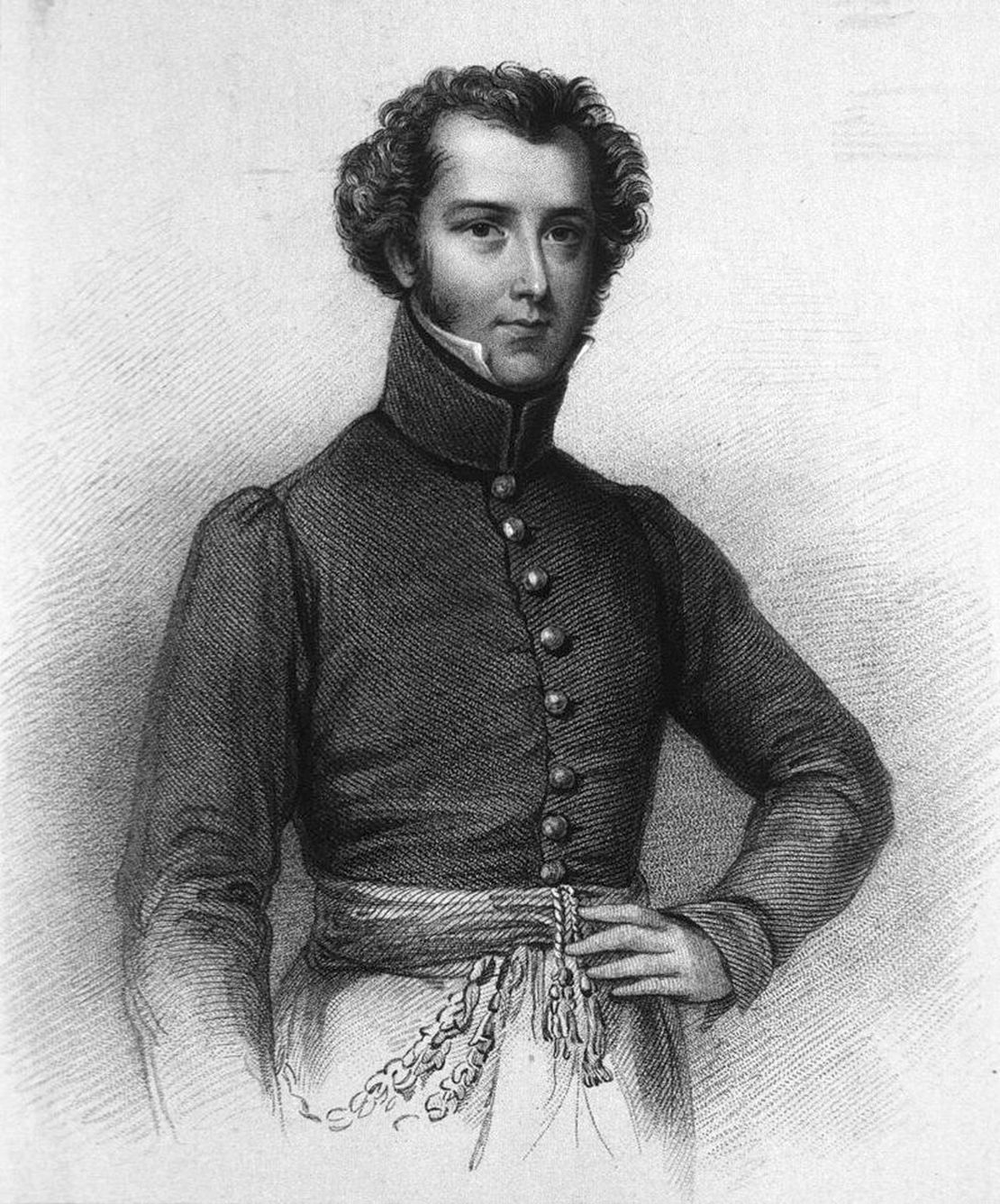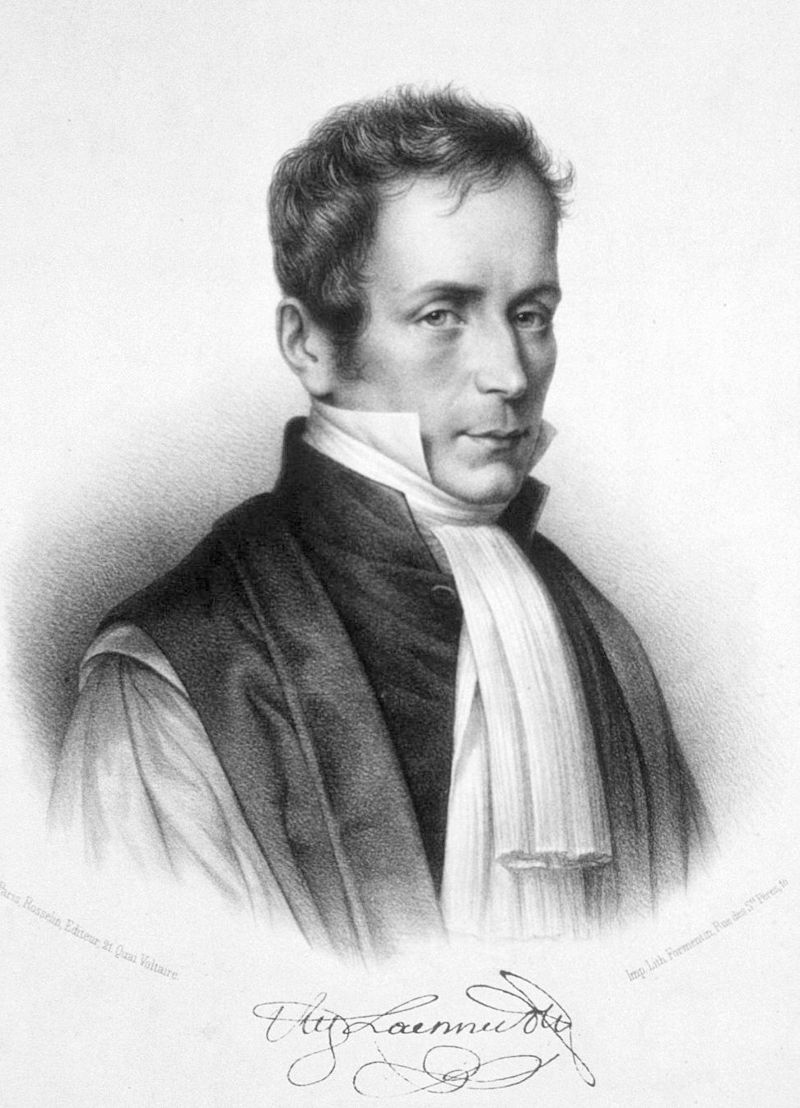- August 13, 1826
Alexander Gordon Laing, a Scottish explorer, became the first European Christian to reach the fabled city of Timbuktu (also spelled Timbuctu) in West Africa on August 18, 1826. His journey was a significant achievement in the age of exploration, but it also ended in tragedy.
Background
-
Early Life: Alexander Gordon Laing was born on December 27, 1793, in Edinburgh, Scotland. He was the son of a Church of Scotland minister and was educated at Edinburgh University. Laing joined the British Army and was posted to Sierra Leone in West Africa, where he developed an interest in exploration.
-
Quest for Timbuktu: In the early 19th century, Timbuktu was a city of legendary wealth and mystery, known in Europe primarily through accounts of Arab travelers. Located in present-day Mali, Timbuktu was a major center of trade, culture, and Islamic scholarship. European powers were keen to discover and map the city, and there was intense curiosity about its supposed riches.
Laing’s mission to reach Timbuktu was sponsored by the British government, which hoped to gain strategic and commercial advantages by establishing contact with the city. He was also motivated by the desire to earn fame and recognition as an explorer.
The Journey to Timbuktu
-
Challenges and Hardships: Laing’s journey was fraught with difficulties. He traveled through extremely hostile terrain, faced intense heat, and suffered from illness. Moreover, the region was politically unstable, and Laing had to navigate through territories controlled by various local rulers who were often suspicious of foreign travelers.
-
Reaching Timbuktu: Despite these challenges, Laing succeeded in reaching Timbuktu on August 18, 1826. He spent several weeks in the city, where he was able to observe and document its culture, architecture, and the people. Laing was impressed by the city’s scholars and the extensive libraries, which housed many important Islamic manuscripts.
Tragic End
-
Murder and Death: Laing’s achievement was short-lived. While trying to return to the British outposts on the coast, he was captured by Tuareg tribesmen. On September 26, 1826, Laing was murdered near Sidi al-Mukhtar, a small settlement northeast of Timbuktu. His journals and reports were lost, leaving much of his findings unknown.
-
Legacy: Although Laing’s journey ended in tragedy, his accomplishment of being the first European Christian to reach Timbuktu was later confirmed by other explorers who followed in his footsteps. French explorer René Caillié reached Timbuktu in 1828, returning safely to Europe and providing detailed accounts of the city.
Impact and Legacy
-
Significance of Laing’s Expedition: Laing’s expedition is remembered as a significant milestone in the history of African exploration. His determination and courage in reaching Timbuktu opened the way for further European exploration of West Africa. Despite his untimely death, Laing’s name is recorded in the annals of exploration as a pioneer who ventured into one of the most remote and mysterious places of the time.
-
Recognition: Though he did not live to see the impact of his journey, Laing’s achievement was later recognized by the Royal Geographical Society and other organizations dedicated to exploration. His life and tragic death serve as a reminder of the risks faced by explorers during the age of imperial expansion.
Alexander Gordon Laing’s journey to Timbuktu is a story of adventure, endurance, and ultimately, tragedy. It remains a significant chapter in the history of exploration, highlighting both the allure and the dangers of seeking out the unknown.

 ← Robert Adamson, who collaborated with D O Hill to produce early portrait photography, born.
← Robert Adamson, who collaborated with D O Hill to produce early portrait photography, born.
 Rene T.H. Laennec, Breton inventor of the stethoscope, died →
Rene T.H. Laennec, Breton inventor of the stethoscope, died →